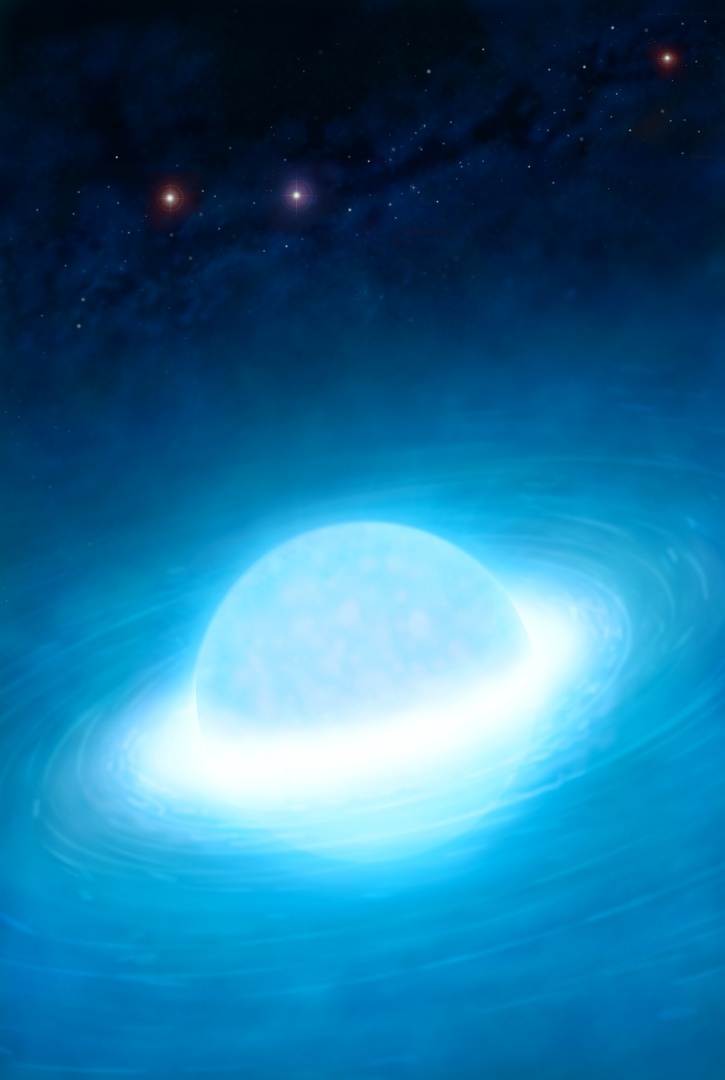Warwick Astronomy PhD projects
Masses and temperatures of accreting white dwarfs
2011 was an extraordinary year for astronomy, with the Nobel Prize for Physics being awarded for the discovery of dark enery. Yet, we are unable to explain the precise nature of type Ia supernovae, the very tool that led to that discovery. In particular, it is not entirely clear under what conditions the white dwarf mass may grow as a result of mass accretion. Conventional nova theory predicts that for the low rates that are prevailing in the vast majority of interacting white dwarf binaries the white dwarf mass is actually eroded with time
for Physics being awarded for the discovery of dark enery. Yet, we are unable to explain the precise nature of type Ia supernovae, the very tool that led to that discovery. In particular, it is not entirely clear under what conditions the white dwarf mass may grow as a result of mass accretion. Conventional nova theory predicts that for the low rates that are prevailing in the vast majority of interacting white dwarf binaries the white dwarf mass is actually eroded with time , ruling those systems out as SNIa progenitors.
, ruling those systems out as SNIa progenitors.

However, recent work by our group has shown that the average white dwarf mass in these systems is significantly higher compared to that of single white dwarfs, and non-interacting white dwarf binaries, suggesting either that mass growth is possible ... or that we are lacking some fundamental insight into the evolution of compact binaries!
compared to that of single white dwarfs, and non-interacting white dwarf binaries, suggesting either that mass growth is possible ... or that we are lacking some fundamental insight into the evolution of compact binaries!
We are currently carrying out an ambitious survey of more than fourty accreting white dwarfs using the Cosmic Origin Spectrograph onboard the Hubble Space Telescope. The analysis of these ultraviolet spectra will provide an independent independent sample of white dwarf parameters, which will be used to further constrain the possibility of mass growth.
Within this PhD project, you will work on the acquisition of these HST spectra, and analyse them with state-of-the art atmosphere models, and investigate to what extent the temperature, mass, chemical abundances, and spin of these white dwarfs is affected by the accretion of mass and angular momentum.
Supervisor: Boris Gänsicke
Please fill in our PhD enquiries form if you are interested in studying for a PhD in Astronomy at Warwick.
